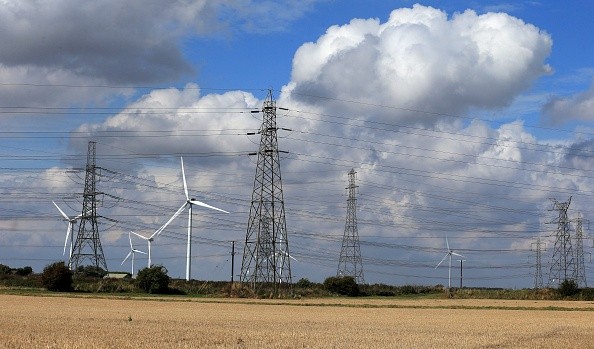EU agrees to provide cash to lessen reliance on Russia. A strategy to reduce the European Union's dependence on Russian fossil resources has been developed by ministers from across the continent.
GOOD NEWS! Today’s #Ecofin agreement on adding REPowerEU chapters to national #RRF recovery plans comes just at the right time.
— Valdis Dombrovskis (@VDombrovskis) October 4, 2022
It will help improve EU energy security and tackle high energy prices by investing quickly where it matters most. Next step: @Europarl_EN pic.twitter.com/v5joCgbTAT
Allocating Resources

The financing and distribution of a €20 billion ($19.8 billion) fund necessary to lessen the EU's reliance on Russian energy imports were approved by EU finance ministers on Tuesday. As the EU struggles with the financial effects of the war in Ukraine, the agreement is the first step toward making the commission's plan into EU legislation.
Policymakers in the European Union are getting increasingly anxious about what to do next, what message to convey, and what relief to provide for people and businesses under great financial hardship as the continent looks into the abyss of a possibly catastrophic energy crisis.
Hopeful Long-Term Solution
The bloc's efforts have thus far been concentrated on raising additional funding for cash-strapped governments, who are dispensing billions in emergency aid to lessen the agony of skyrocketing costs.
It is a long-term solution to the European Union's skyrocketing energy costs due to Russia's conflict with Ukraine.
Ministers decided that roughly €15 billion should be taken from the EU's innovation fund to raise funds to lessen the EU's reliance on Russian fossil resources.
Selling carbon dioxide emission permits to businesses earlier than anticipated from the EU carbon market's "market stability reserve" would also generate about €5 billion.
The funds would go toward diversifying energy sources and phasing out fossil fuels. The delegates decided to distribute money in a way that considers that certain EU nations depend more on Russian gas, coal, and oil than others.
The €20 billion is a component of a strategy by the European Commission to secure grants and loans totaling up to €300 billion to encourage investment in renewable energy.
According to the idea, a major portion of the sum, up to €225 billion, will come from unclaimed funds in the COVID-19 recovery pool of the European Union.
Continued Discussion
The discussions took place as Germany faces criticism for an expensive package to shield businesses and families from rising energy bills.
The negotiations' chairman, Zbynek Stanjura of the Czech Republic, declared that "today we accomplished a huge step forward in establishing Europe's autonomy from Russia's fossil resources."
EU Economy Commissioner Valdis Dombrovskis stated on Twitter that it will "help boost EU energy security and fight high energy costs by investing swiftly where it counts most."
According to French Finance Minister Bruno Le Maire, the pact would benefit member nations in fighting inflation and making investments to reduce their dependency on fossil fuels.
Before member states and parliamentarians start discussing the legislation, the European Parliament must first adopt a stance.
On Tuesday, the ministers also discussed the larger economic repercussions of the conflict in Ukraine amid record inflation and financial assistance for Kiev.
Related Article : Experts are Saying that Renewable Sources are Not Enough to Solve Europe's Energy Crisis
For more environmental news, don't forget to follow Nature World News!
© 2025 NatureWorldNews.com All rights reserved. Do not reproduce without permission.





